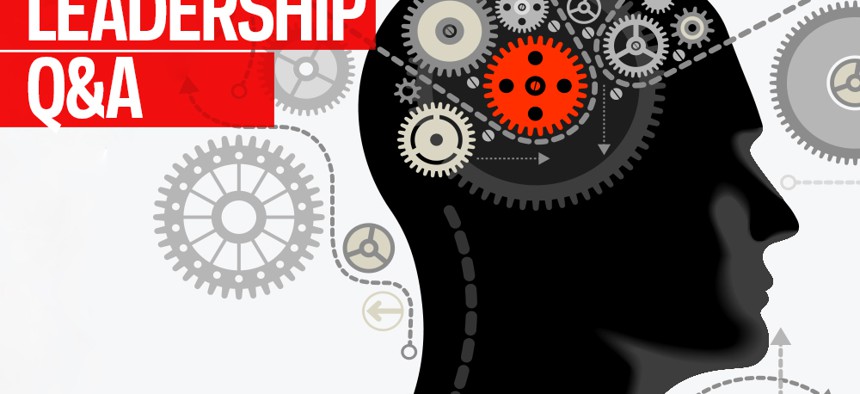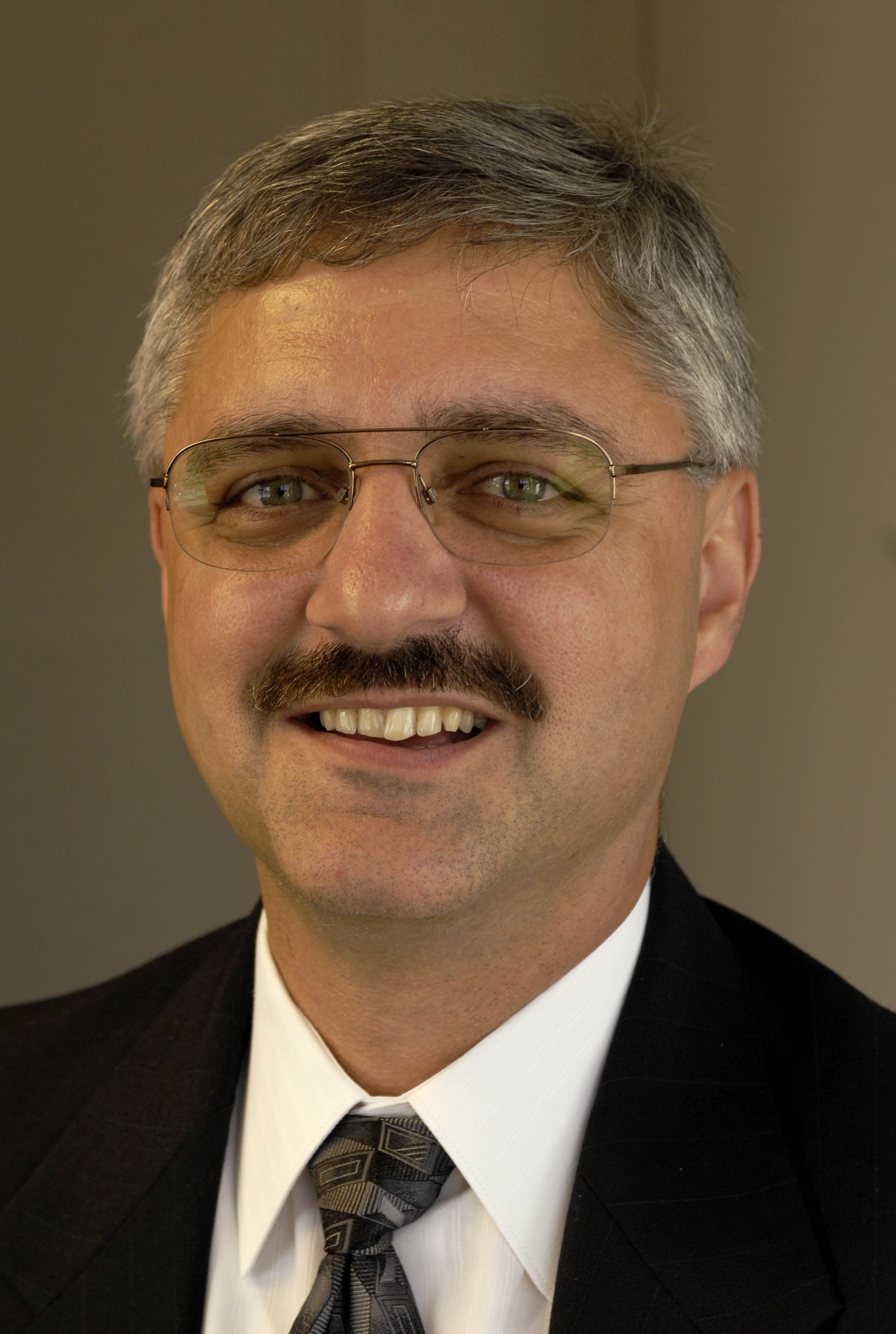
Image via VLADGRIN/Shutterstock.com
How I Lead: Leadership Lessons from a NASA Director
Geoffrey Yoder of the James Webb Space Telescope Program talks with us about leadership and management.
Geoffrey Yoder is the director of NASA’s James Webb Space Telescope (JWST) Program. The Webb telescope will be the successor to the Hubble Space Telescope. The new telescope is scheduled for launch in 2018. Writing for Excellence in Government, Young Government Leaders Lynnie Martin, recently caught up with Yoder and talked with him about leadership, his career and how he manages his team. (The interview has been edited for length and clarity).

What is the best leadership lesson you've learned?
Be a leader, not a manager. Provide vision, passion, and excitement that is contagious and empower your team. Overall, always lead with integrity.
How did you get to where you are today?
Early on, I identified what I wanted to accomplish in my career. I developed a set of 5-year goals to support where I intended to be and took advantage of opportunities that supported those goals. As a child I had a passion for NASA. Growing up, I aligned my education and professional development to position myself for a career with NASA. I was prepared to accept an offer with NASA for several years before the opportunity came about. Once at NASA, I continued to excel as a manager by learning all I could and striving to make a difference by advancing the goals of the agency. I was grateful I was on my chosen path despite the struggles I encountered along the way. The key elements that helped me get where I am today were striving to maintain integrity and honesty while realizing that it’s people working as a team that make one successful. It’s successes built on these elements that propelled me to my current position, the director of one of NASA’s top three priority programs
What leadership lessons do you try to convey to your team?
I try to provide overall direction and empower the JWST team to challenge assumptions and understand why they are doing what they are doing. I often state a philosophy that, on an average of three out of five days a week, one needs to believe he or she furthers the mission, has contributed to the mission, and wants to stick with the mission. If a team member is unable to achieve that three out of five, I may have assigned that person to the wrong project or the wrong task. If one believes in what they are doing and feels like they are making a difference, they will be there for you when the chips are down.
What do you look for in potential employees when making hiring decisions?
I look for the right training, education, skills, and experience but more importantly, I look for someone with integrity and good communication skills. Someone that I will be able to count on.
What do you do after work for fun or to relax?
I believe in a strong family life. My accomplishments are not mine alone, they were achieved with the support of my family. I spend a lot of time with my wife, who is also my best friend. We enjoy the outdoors and spend weekends enjoying nature. I am also an avid sports autograph collector and I go to different events to collect autographs. I have a 6-year old grandson that I enjoy watching grow up, observing him as he develops his own personality—whether on the ice playing hockey or interacting with grown ups.
In high school, I would have been voted, "Most likely to ______.”
In high school, I was voted “Most Talented”. I played multiple brass instruments in the school band, participated in numerous choirs across the county and was active in sports. Senior year I was elected class president.
Describe your average day in 10 words or less.
Exciting, challenging, entertaining, and educational.
What strengths do you bring to your organization?
I bring vision, leadership, and a sense of calm when events turn chaotic. I challenge the team to not settle for mediocrity, but to always strive for improvements.
What is your weakness and how do you compensate for it?
I am an introvert and as a leader, it’s a challenge to maintain constant and consistent communication with my team. I frequently remind myself to over-communicate, going so far as to tape messages at my desk reminding me to talk with the team, not only in email, but by walking around for impromptu office visits.
How do you involve your employees to ensure everyone is onboard with a new idea?
There will always be cases where not everyone is onboard with a new idea. The important part of implementing a new idea is making sure everyone has an opportunity to be heard—make sure everyone feels like they were part of the decision, whether or not they completely agree with the end result. My approach is to talk with team members individually and then as a group so that everyone has the opportunity to hear pros and cons. Meeting with team members one-on-one helps draw out opinions that may not be expressed in a larger setting. Trust and credibility is built by listening to the team and allowing them to express their concerns or affirmations prior to implementing a new idea. The new idea will generally be successful if the team members feel like they are heard before a decision is made.
What is the most important thing you have learned in your career?
Never compromise your integrity, be someone that others can count on, seek to learn something new every day, and maintain a balance between work and family.
What was the biggest career risk you took? Did it turn out positively or negatively for you? What did you learn?
My biggest career risk was leaving a stable job in the field of engineering and reliability assurance to relocate halfway across the country to start a new career with NASA. The offer had a short deadline and I needed to make the decision to accept the position without hesitation. Taking this risk was one of the best decisions I made—accepting the position with NASA was the first step in many amazing and satisfying career advancements. From making that leap, I learned to take risks that align with my long-term career strategies, trust my instincts and believe in myself. Today, I look back at the achievements that led me to where I am today, realizing I can overcome almost any challenge that comes my way.







